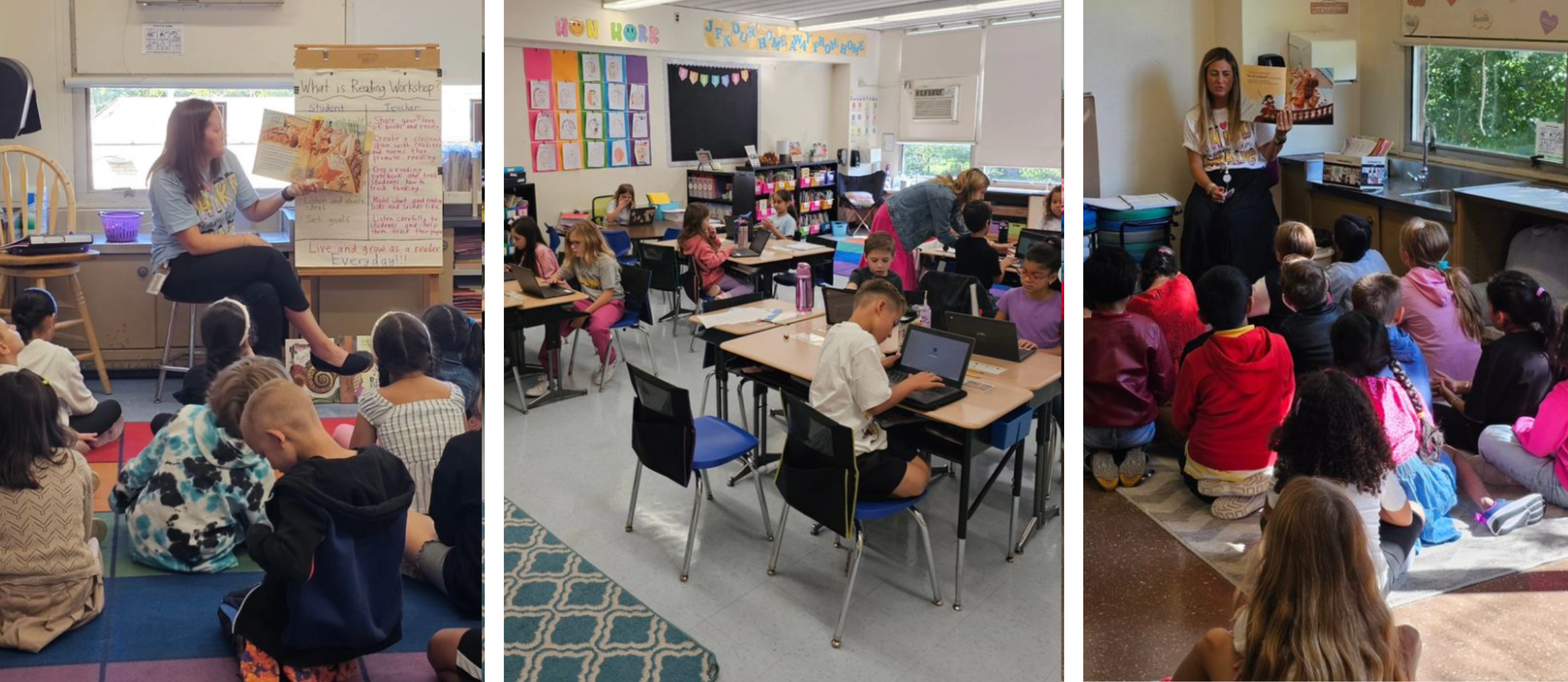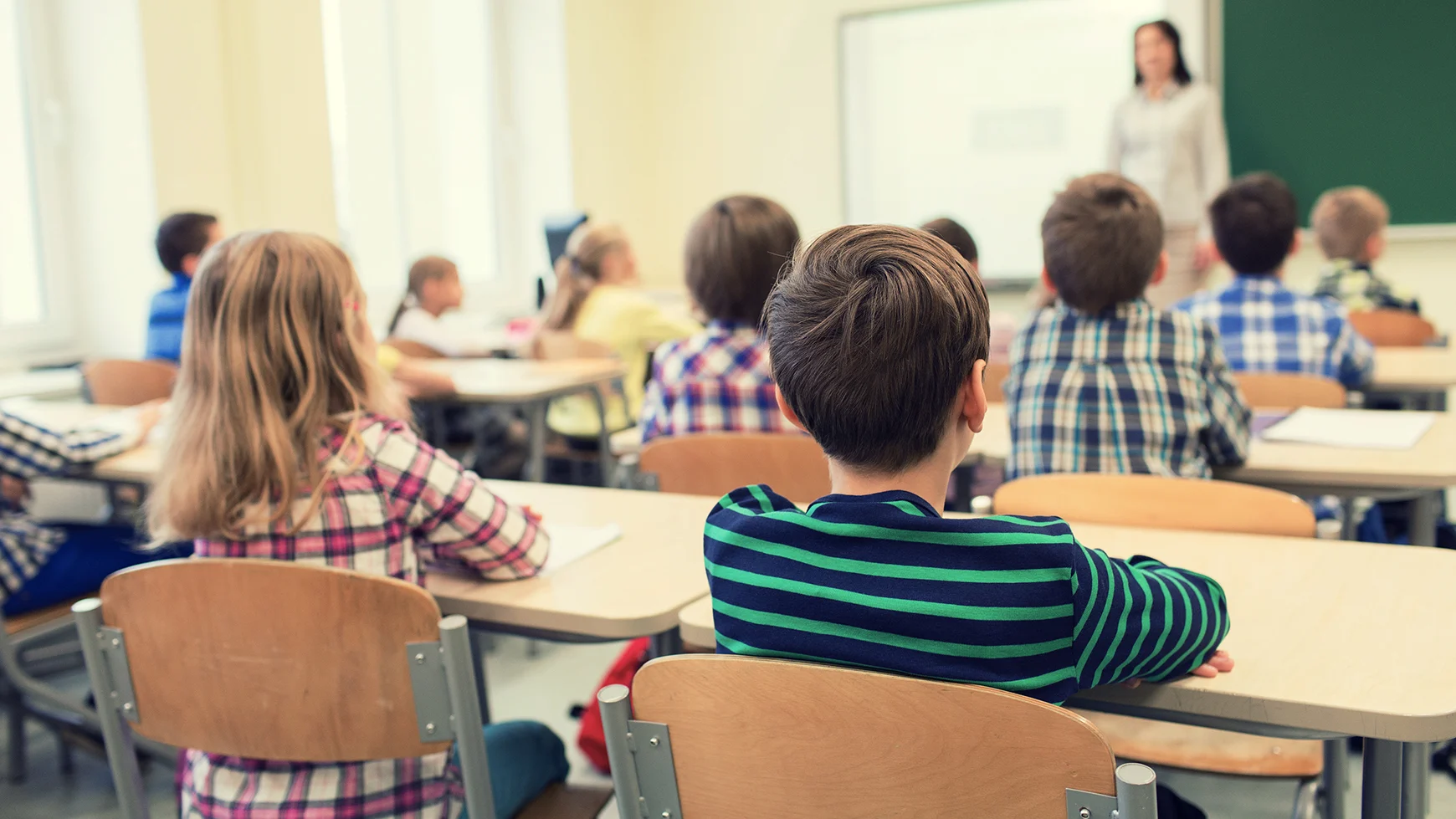Comprehending the Importance of Schools in Kid Development and Neighborhood Development
Schools serve as crucial establishments for child development and neighborhood development, offering atmospheres where scholastic success are matched by the farming of social skills and exposure to diverse point of views. These educational settings not only promote critical thinking and effective communication but likewise foster empathy with joint projects. Additionally, institutions' interaction with local neighborhoods through service-learning efforts enhances the bond between family members and educational organizations. This symbiotic connection highlights the relevance of institutions in nurturing active citizenship and lifelong learning routines. Nonetheless, what are the certain systems by which these institutions achieve such extensive effects?
Academic Achievement
Academic achievement acts as a cornerstone of child advancement, offering the structure whereupon future learning and success are constructed. Schools play an essential role in promoting this academic growth, supplying organized environments where kids can acquire crucial expertise and cognitive abilities. Standardized educational program make sure that students gain effectiveness in core subjects such as maths, science, and language arts, which are important for both college and expert chances.
In addition to giving basic academic skills, institutions additionally cultivate vital thinking, problem-solving capacities, and intellectual interest. These cognitive competencies are important for browsing complex real-world circumstances and adjusting to the ever-evolving needs of the modern-day work environment. Teachers, as facilitators of understanding, use diverse instructional techniques to cater to diverse learning designs, thus taking full advantage of individual trainee potential.
Additionally, academic success is closely connected to self-esteem and motivation. Kids that experience academic success are more probable to establish a favorable self-concept and a lifelong enthusiasm for learning. Colleges additionally offer numerous sources, such as libraries and innovation, which further improve the academic experience and prepare students for a technologically sophisticated society.
Social Skill Development
Beyond academic accomplishment, the role of colleges in social ability growth is crucial. Schools function as a key place for children to discover and exercise crucial social abilities such as conflict, collaboration, and interaction resolution. In the structured setting of a class, pupils communicate with peers, instructors, and various other school team, supplying many chances to develop these crucial abilities.
Effective social ability advancement in institutions is facilitated through group activities, collaborative tasks, and extracurricular programs. These communications aid pupils recognize social standards, build empathy, and foster a feeling of neighborhood. Group projects show students just how to work together in the direction of a typical objective, pay attention to various viewpoints, and browse disputes constructively.

The farming of social skills throughout academic year lays a foundation for future personal and professional connections. Save Temecula Schools. As pupils grow, the ability to successfully interact and team up ends up being progressively important, highlighting the college's crucial function in alternative child advancement
Exposure to Variety
Direct exposure to diversity in schools is essential to promoting an inclusive way of thinking and widening students' point of views. Schools work as a microcosm of the wider society, and experiencing varied societies, languages, and socioeconomic histories within this environment gears up trainees with crucial abilities for navigating a progressively globalized globe. This exposure encourages empathy, decreases bias, and promotes mutual respect among peers.
Varied classrooms also enhance cognitive and social advancement. Study indicates that pupils that engage with peers from diverse backgrounds exhibit far better problem-solving skills and imagination. They find out to appreciate various viewpoints, which enriches classroom conversations and cultivates a much more dynamic knowing experience. YOURURL.com Additionally, this understanding of diversity prepares pupils for future work environments that value multicultural capability.

Area Involvement
The advantages of varied classrooms prolong past the school walls, cultivating a strong feeling of community engagement among trainees. By connecting with peers from numerous cultural, socioeconomic, and ethnic histories, pupils gain a broader point of view and a gratitude for diversity. This direct exposure encourages them to come to be active residents that are eager to contribute favorably to their communities.
Institutions that stress community involvement usually integrate service-learning projects, which permit students to attend to real-world problems while using academic abilities. These jobs not just improve pupils' understanding of their coursework yet also instill a sense of duty and empathy. Furthermore, collaborations between institutions and local organizations offer trainees with opportunities to participate in neighborhood events, additionally solidifying their function as positive community members.
Furthermore, parental and area participation in schools reinforces the bond between educational organizations and the areas they offer. Through these initiatives, colleges play a crucial role in supporting neighborhood involvement and fostering social development.
Lifelong Knowing Habits
Creating lifelong knowing behaviors is crucial for official site a kid's continuous development and versatility in an ever-changing globe. Schools play a pivotal role in hop over to here instilling these routines by creating an atmosphere that promotes curiosity, critical thinking, and a love for knowledge. With extracurricular tasks and varied curricula, teachers encourage pupils to discover various topics, examine info seriously, and use their discovering to real-world scenarios.

Moreover, colleges supply an organized atmosphere where children can create self-discipline and time management abilities, both of which are crucial for constant knowing. By emphasizing the relevance of establishing objectives, assessing progression, and adapting techniques, educational institutions prepare pupils to navigate the intricacies of adult life, ensuring they continue to be long-lasting students and contributors to culture.
Conclusion
In conclusion, colleges are necessary in fostering child development and community growth by giving atmospheres favorable to scholastic accomplishment, social skill advancement, and exposure to variety. Inevitably, schools cultivate lifelong knowing behaviors, furnishing individuals with the required knowledge and skills to contribute favorably to society.
In the structured environment of a classroom, pupils communicate with peers, teachers, and other institution staff, using numerous chances to create these essential capacities.
In essence, exposure to variety within schools not only improves specific trainees but likewise reinforces the social fabric of the neighborhood as a whole.
The advantages of diverse class extend beyond the institution wall surfaces, fostering a strong feeling of community interaction amongst pupils.Schools that highlight community involvement frequently integrate service-learning tasks, which permit students to deal with real-world issues while applying academic skills. Partnerships between institutions and regional organizations offer trainees with possibilities to take part in community events, even more solidifying their function as positive community members.
Comments on “Why It's Essential to Rally Together to Save Temecula Schools”